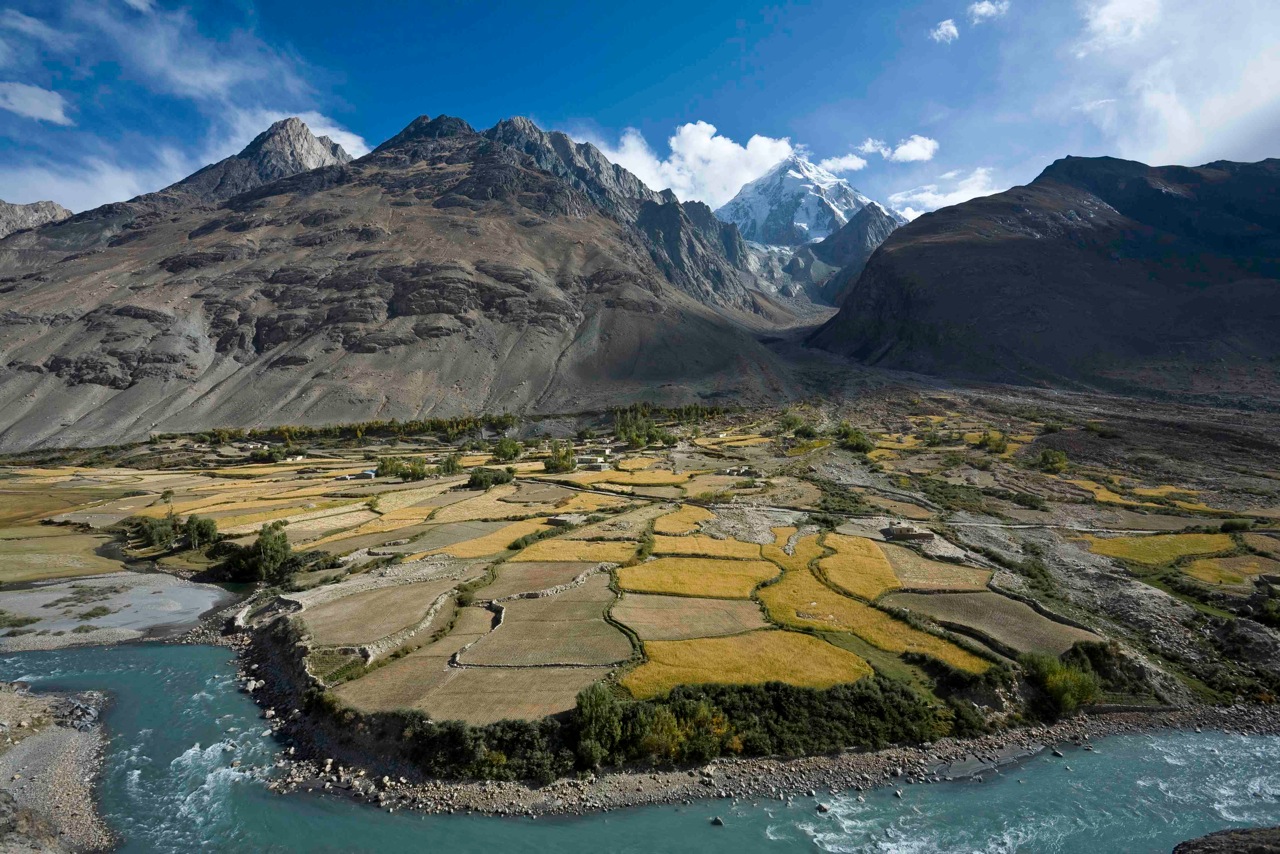Ecological resources shared across political boundaries can be a powerful avenue for peace-building.
The power of environmental diplomacy creates a holistic positive feedback effect which can combat political (Track-1) inertia in conflict zones. Our theory of change is that science diplomacy (Track-2) and public diplomacy (Track-3) can leverage change around the dominant discourse within conflict-ridden social ecological systems. We work with stakeholders to leverage artificial intelligence and open source geospatial technologies to bring about environmental security across food, energy, water, climate and public health domains. IEDS operates within a framework of six broad themes that captures its mission and vision:
The Institute for Environmental Diplomacy and Security (IEDS) is a transdisciplinary research center dedicated to both the study and practice of techniques that resolve environmental conflicts, and to using ecological processes as tools of peace-building. We welcome new partnerships and would encourage scholars interested in collaborating with us on any of the following thematic areas to contact us.
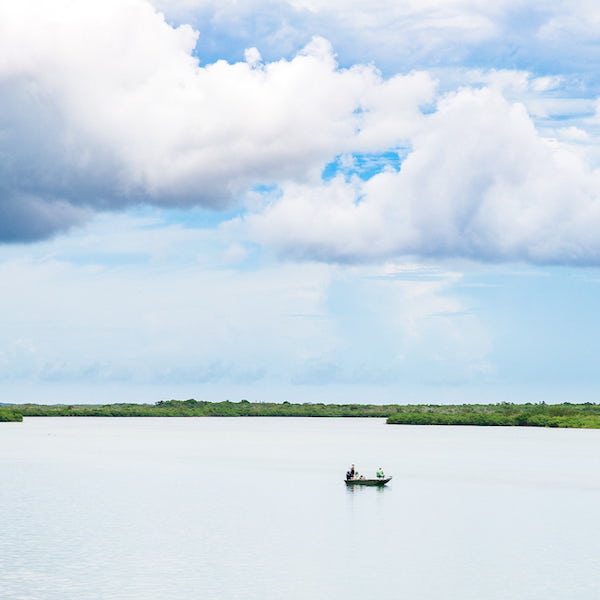
People
IEDS operates through networks of talent worldwide that share our vision and thematic areas of impact.
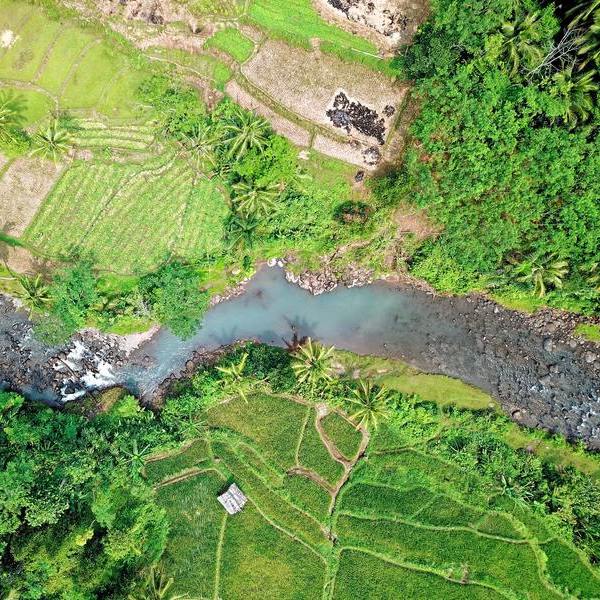
Research Themes & Projects
IEDS strives to leverage our geographic location with the core competencies which exist at the University of Vermont and its partners. Our five research themes have been chosen to ensure the originality of our work and its contribution to our mission
Research Themes
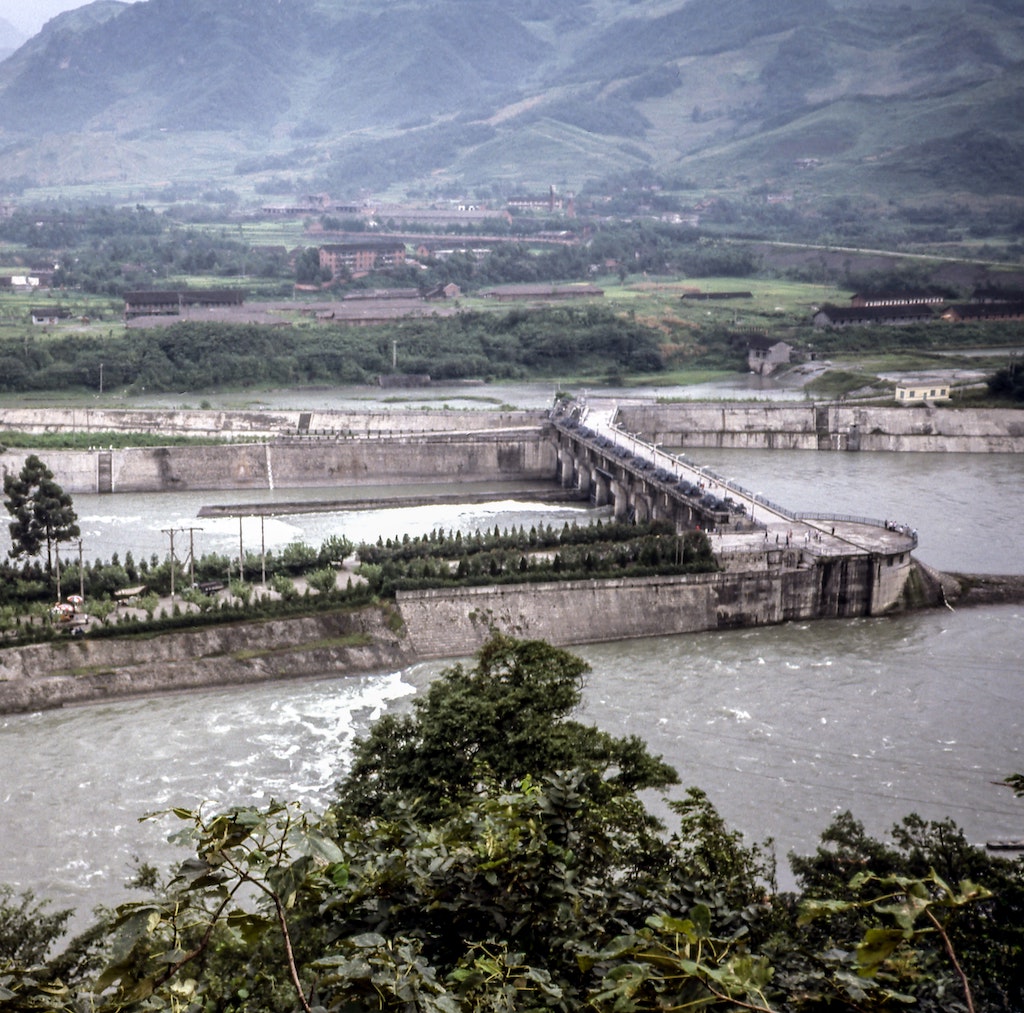
Ensuring everyone can access clean, safe, and drinkable water is an essential right. In the light of an increasingly complex world where global climatic patterns are shifting the distribution of water, environmental deterioration, and political instability all threaten people’s ability to access water. Further, geopolitical tensions and conflict across transboundary water bodies can prevent populations access to safe and plentiful water. At IEDS, we aim to mitigate these transboundary water conflicts through water diplomacy..

Boundaries in physical and cognitive space can be defining themes of diplomacy. IEDS explores how human territoriality can be constructively configured so geopolitical boundaries work within ecological principles.
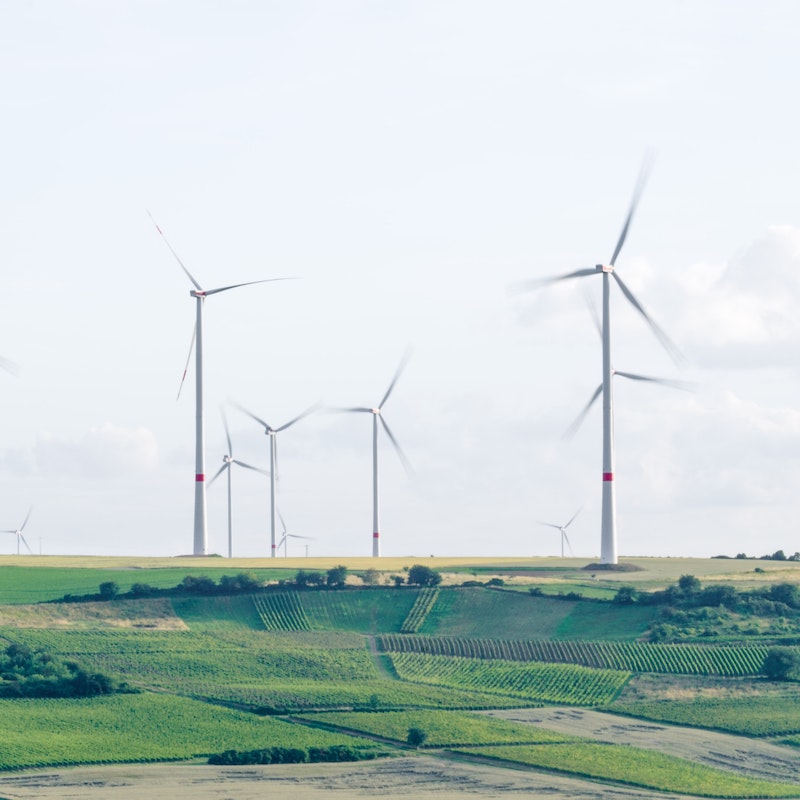
Global climate change is perhaps the biggest threat humanity has faced, and time is quickly running out to prevent it from irrevocably changing our world. At IEDS, we believe that bold, cooperative action on a global scale is needed to solve this crisis, which is why we engage in climate diplomacy.
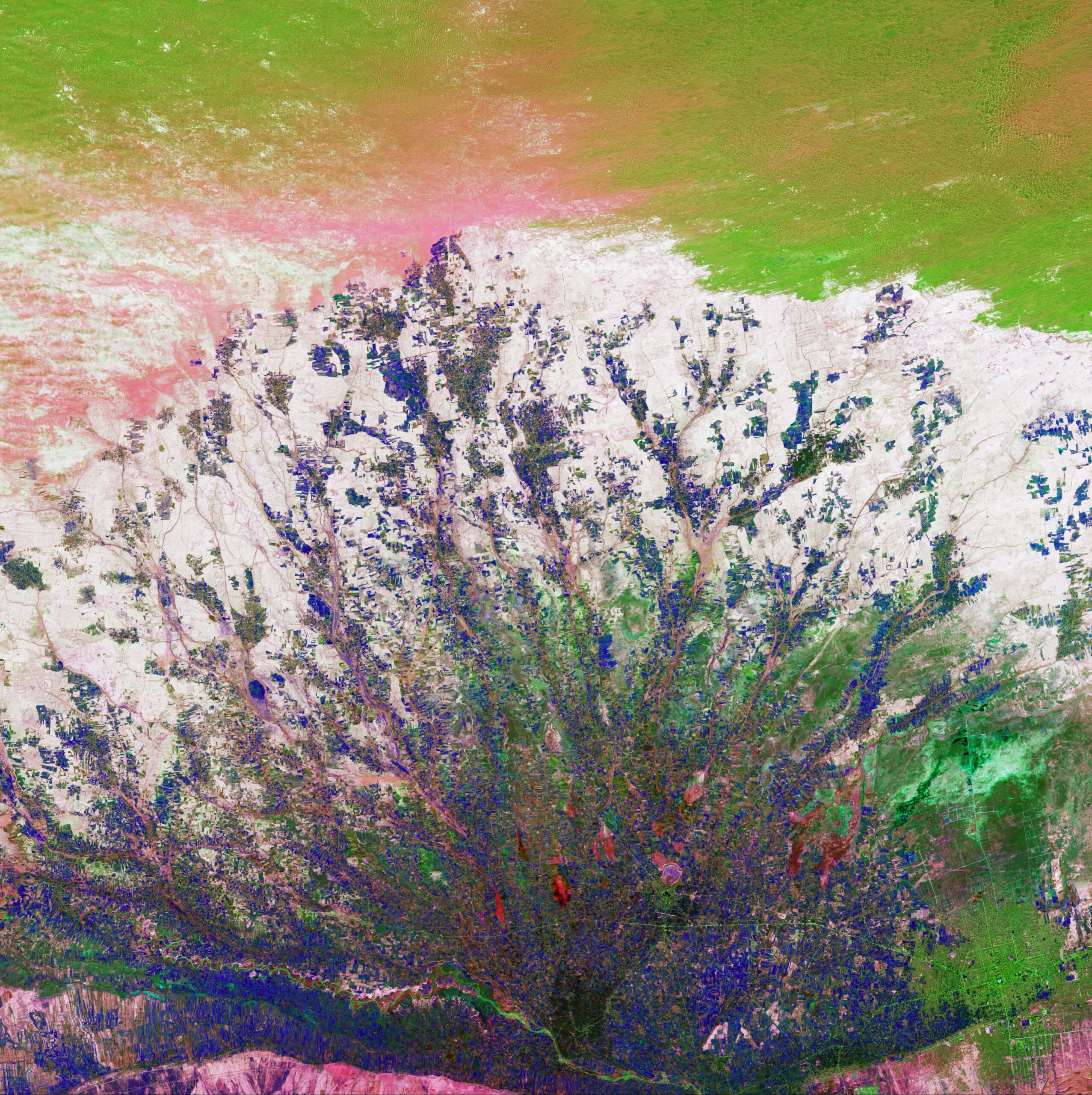
Responsible Artificial Intelligence
Responsible innovation and inclusive development of technology are at the forefront of our projects.
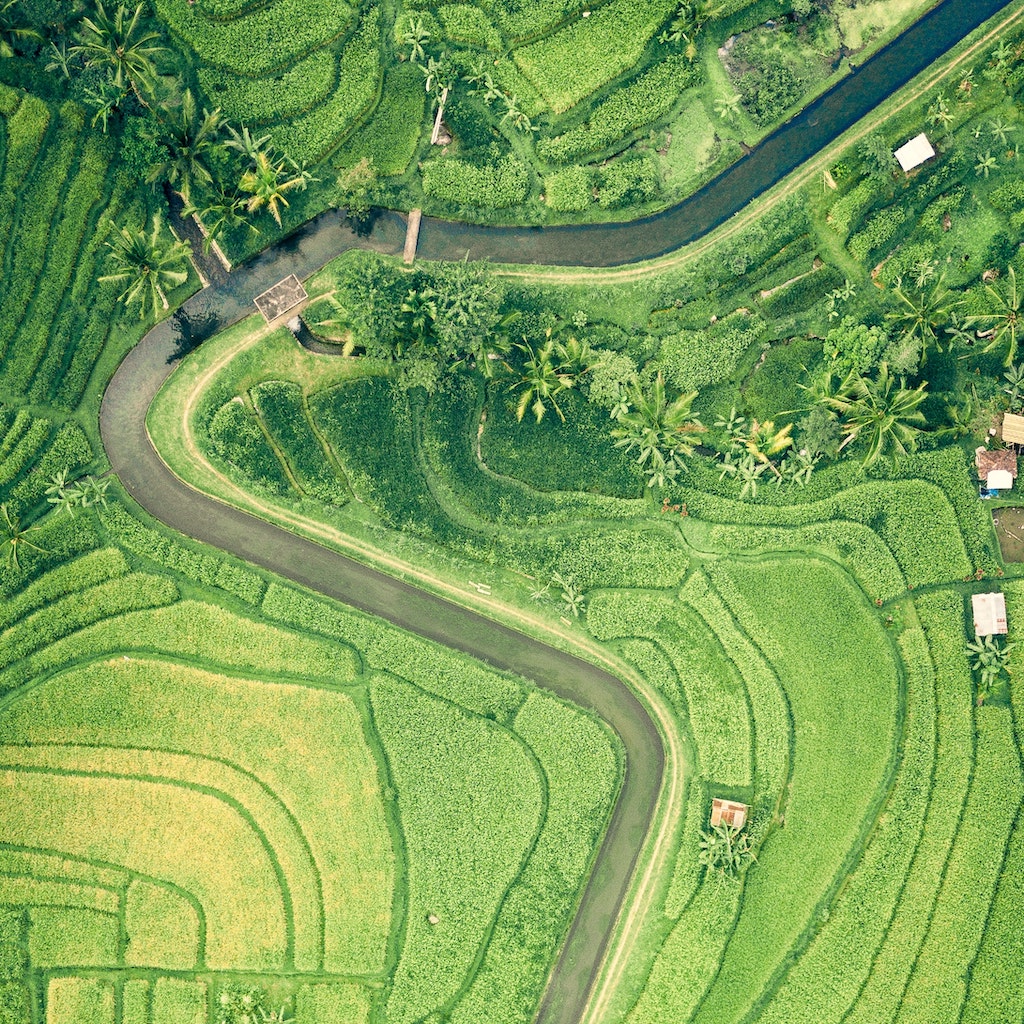
The nexus of Food-Energy-Water (FEW) Security is essential to creating resilient communities and countries, and a resilient world in the face of an increasingly challenging global problems. FEW security is essential for sustainable development, as all being able to access all three resources (food, energy, water) is crucial for human well-being. Further, making sure these resources are diverse, resilient, and adaptable is vital for security concerns as the world becomes increasingly volatile due to climate change, global political tensions, conflicts, and declining biodiversity.
Partners

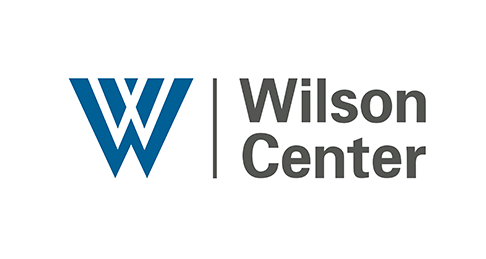

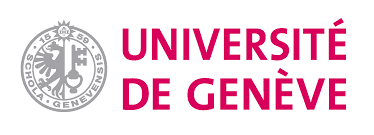





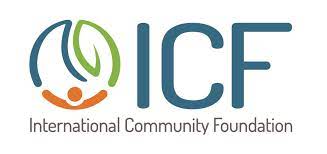

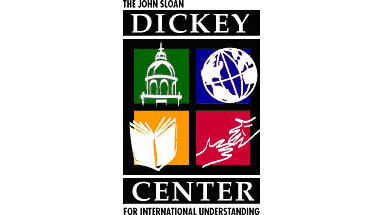




Upcoming Events
Road to Geneva Event: Symposia on Securing Clean Water in Transboundary Indus, Jordan, Mekong and Amazon Basins June 16, 2021
Road to Geneva Event: Symposia on Securing Clean Water in Transboundary Indus, Jordan, Mekong and Amazon Basins June 24, 2021
News
Publications
- Digital Technologies for Environmental Peacebuilding: Horizon scanning of opportunities & risks
- Development of the REDD Options Assessment Report: Clarifying an emerging policy concept
- Climate policy needs a new vision
- Publication of the second edition of The Social Ecology of Border Landscapes, now paperback!
- An Evening with the Authors: Diplomacy on Ice
Contact Us
Institute for Environmental Diplomacy and Security
University of Vermont
146 University Place, Burlington, VT 05405, USA
Email: ieds@uvm.edu
